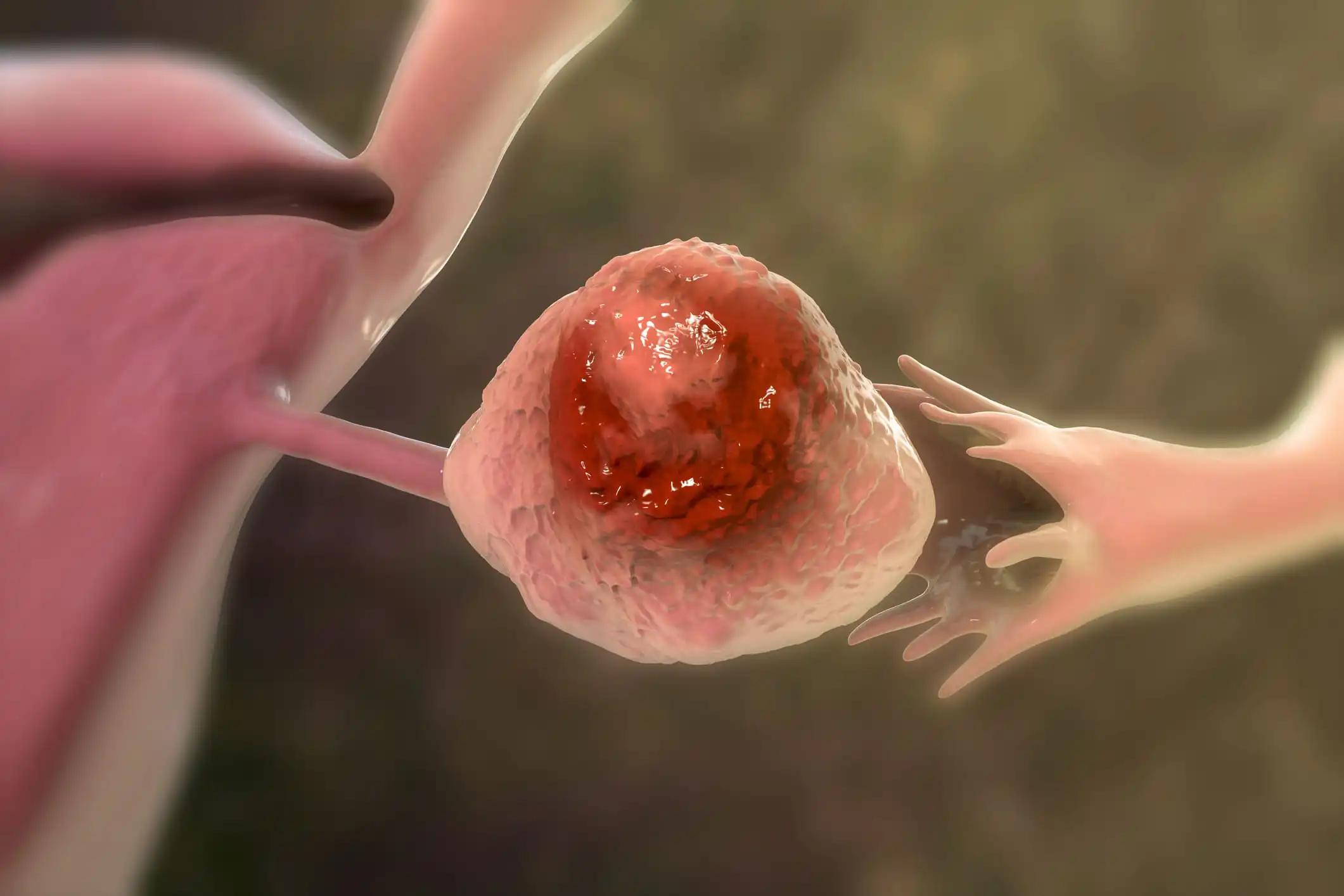KEY TAKEAWAYS
- The study aimed to investigate the role of MC-related gene signatures in predicting the prognosis and characterizing the immune landscape in pts with OVC.
- Researchers noticed that MC-related gene signatures significantly predict OVC prognosis and could guide personalized treatment strategies.
Ovarian cancer (OVC) is a common, aggressive, and heterogeneous malignancy, with a widely variable prognosis. With the advances of modern immunology, mast cells (MCs) have been shown to play a significant role in the prognosis of some malignant tumors. However, the role of MCs in the prognosis of OVC is unknown.
Qinghua Li and the team aimed to explore the potential prognostic value of MC-related gene signatures in OVC by analyzing the immune landscape and its correlation with clinical outcomes.
They performed an inclusive analysis using MC-associated prognostic genes (MRGs) to classify OVC from The Cancer Genome Atlas (TCGA)-OVC cohort. Genes were evaluated using univariate Cox regression analysis. Twenty-nine prognostic gene signatures were identified using LASSO-Cox analysis. Cox regression models and principal component analysis (PCA) algorithms were employed to construct MRG scores and individual MRGs patterns.
External validation was conducted in the TCGA-breast cancer (BRCA) and IMvigor210 cohorts. Immunity analysis based on MRGs was performed using CIBERSORT and GSVA methods, and immunotherapy response was evaluated using the TIDE website.
About TCGA-OVC data, they established a model for constructing MRG scores based on the 29 identified prognostic gene signatures using the PCA algorithm. MRG scores were found to be strongly correlated with immune cell infiltration and were excellent predictors of prognosis in patients with OVC. Low MRG scores were associated with better prognosis and better response to immunotherapy and chemotherapy.
The study concluded that MC-related prognosis signature characterizes the immune landscape and predicts the prognosis of OVC. Understanding the correlation between MC-related gene signatures and immunotherapy and chemotherapy may improve the development of personalized clinical treatment strategies.
This study was partially by a grant IOER 112-3119 from Des Moines University.
Source: https://pubmed.ncbi.nlm.nih.gov/38925849/
Li Q, Guan T, Mao J, et al. (2024). “Mast Cell-related Prognosis Signature Characterizes Immune Landscape and Predicts Prognosis of Ovarian Cancer.” Anticancer Res. 2024 Jul;44(7):2775-2786. doi: 10.21873/anticanres.17089. PMID: 38925849.



